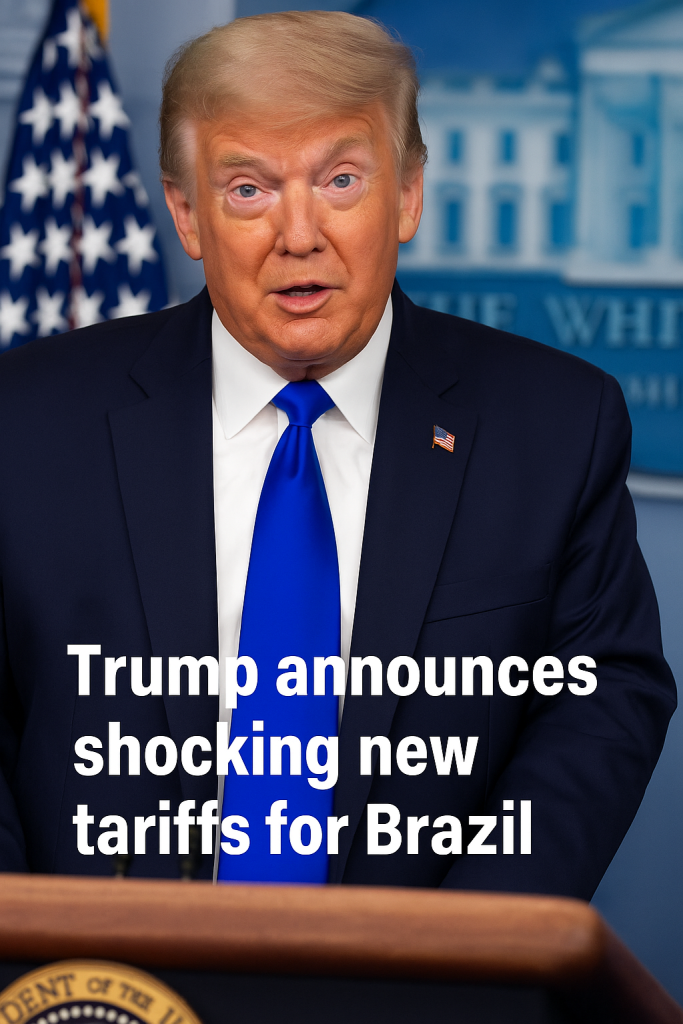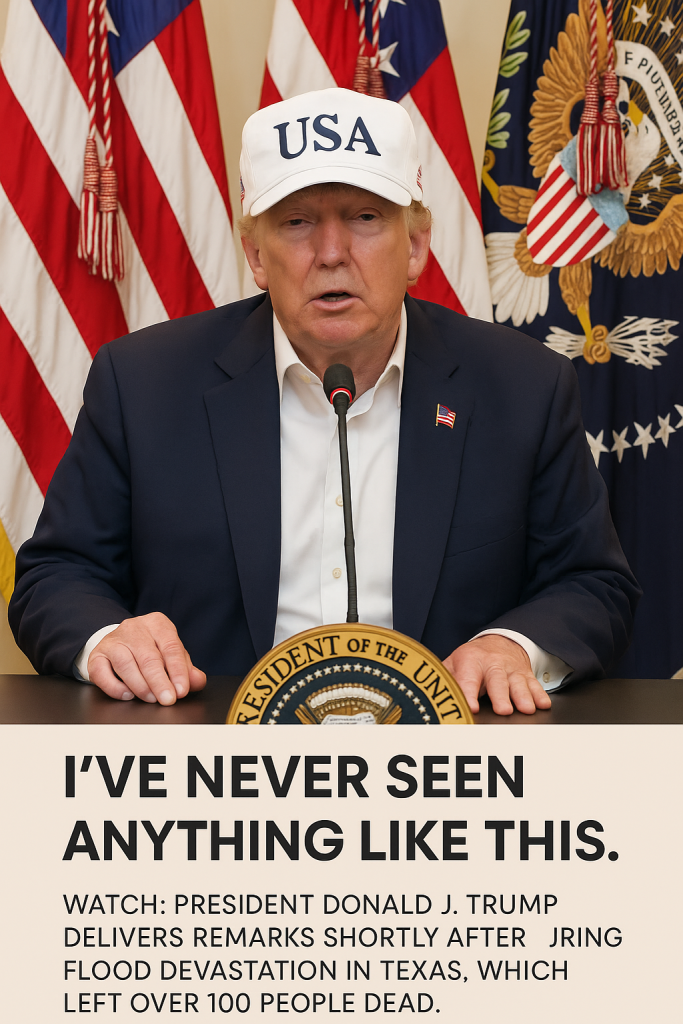More than 150 million people in the United States may soon face unexpected changes to their morning routines following an announcement that could reverberate from grocery aisles to kitchen tables nationwide. Former President Donald Trump has revealed a series of new tariffs targeting imports from Brazil, a move that analysts warn could have a significant ripple effect on daily life for many Americans in 2024.
The announcement came as part of a broader trade policy strategy aimed at addressing perceived trade imbalances and protecting domestic industries. While specific details are still unfolding, the tariffs focus heavily on Brazilian goods that are common staples in U.S. homes and heavily involved in the morning rituals of millions — from coffee to dairy and fruit products.
Why does this matter so much? Brazil is one of the world’s largest coffee producers, accounting for roughly a third of all coffee consumed globally. The new tariffs on Brazilian coffee imports mean higher costs for retailers, and inevitably, consumers. For Americans who start their day with a cup of coffee brewed from Brazilian beans, this could mean increased prices or reduced availability — a jolt to a morning ritual that more than 150 million Americans partake in every day.
In addition to coffee, the tariffs are expected to affect other common breakfast items such as certain fruit imports and processed goods. Brazil is a key supplier of items like oranges and other tropical fruits often found in juices and breakfast spreads across U.S. supermarkets. Increased tariffs can disrupt supply chains, pushing costs upward, which could lead to higher grocery bills extending well beyond just the morning table.
Industry experts warn that the tariffs could trigger a domino effect. As prices rise, consumers might seek alternatives or reduce their consumption of these goods, impacting not only retail but also related sectors including food service and agriculture. Small businesses that rely on imported Brazilian products might face tighter margins, potentially passing the cost pressures to customers or adjusting their offerings.
The announcement has stirred debate among economists and trade specialists. Advocates argue the tariffs can help balance trade deficits and encourage investment in U.S. agriculture and manufacturing. Critics contend that the immediate consequence will be inflationary pressure hitting consumers hard, at a time when many households are still navigating economic challenges.
So what can consumers expect? Those who enjoy their morning coffee and breakfast treats may see price increases in stores and cafés. Some retailers are already exploring ways to mitigate the impact by sourcing alternatives from other regions or adjusting product lines. However, such changes often take time to implement, meaning the short-term effects could be more noticeable.
This development underscores the complex connection between international trade policies and everyday consumer habits. What seems like a distant political decision can quickly translate into changes in how millions of people start their day.
As the situation develops, Americans are advised to stay informed and anticipate potential changes in grocery prices and availability. The new tariffs mark an important chapter in U.S.-Brazil trade relations, with ramifications that resonate far beyond the trading floors — straight into the morning routines of a vast portion of the population.



